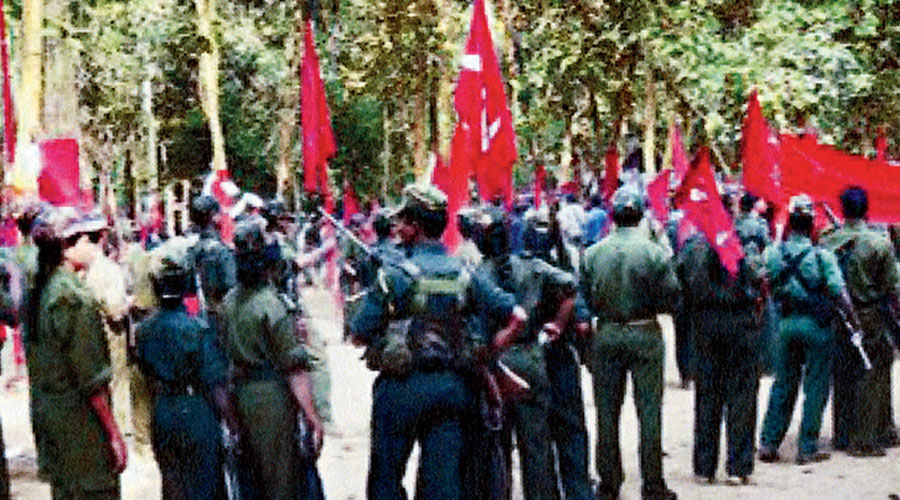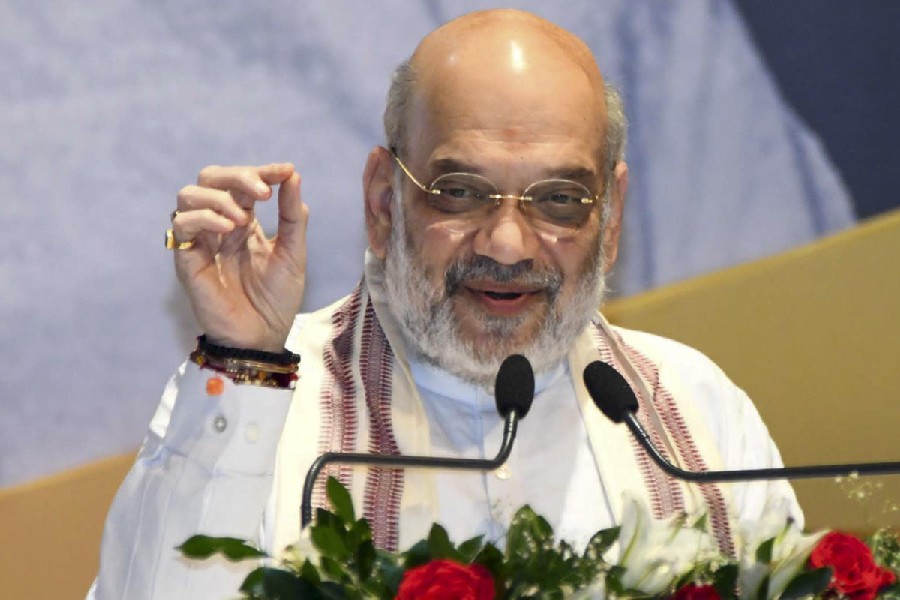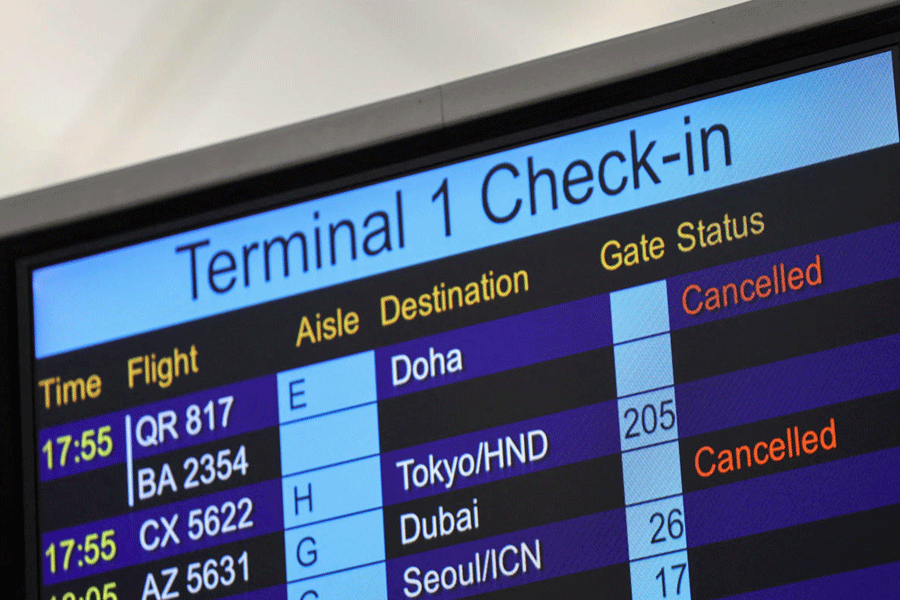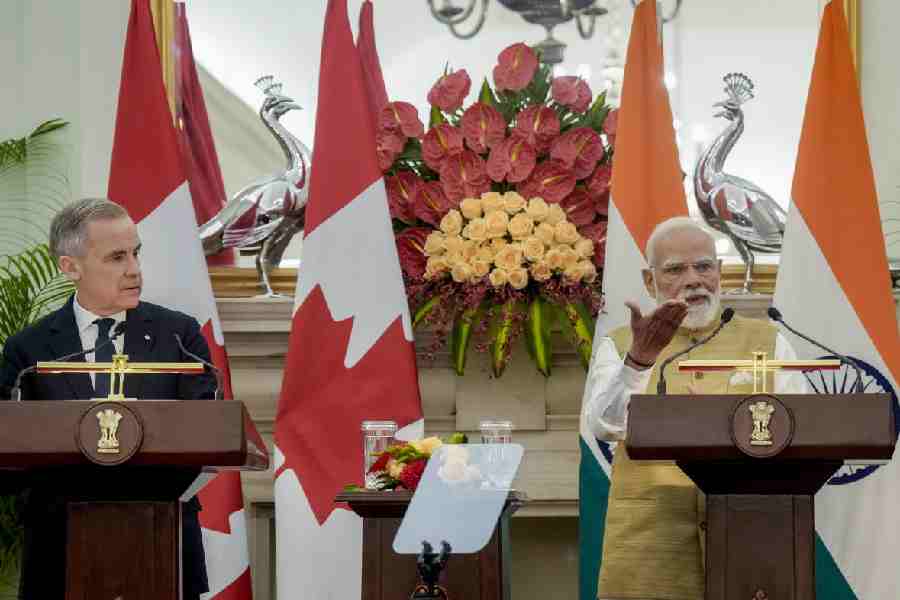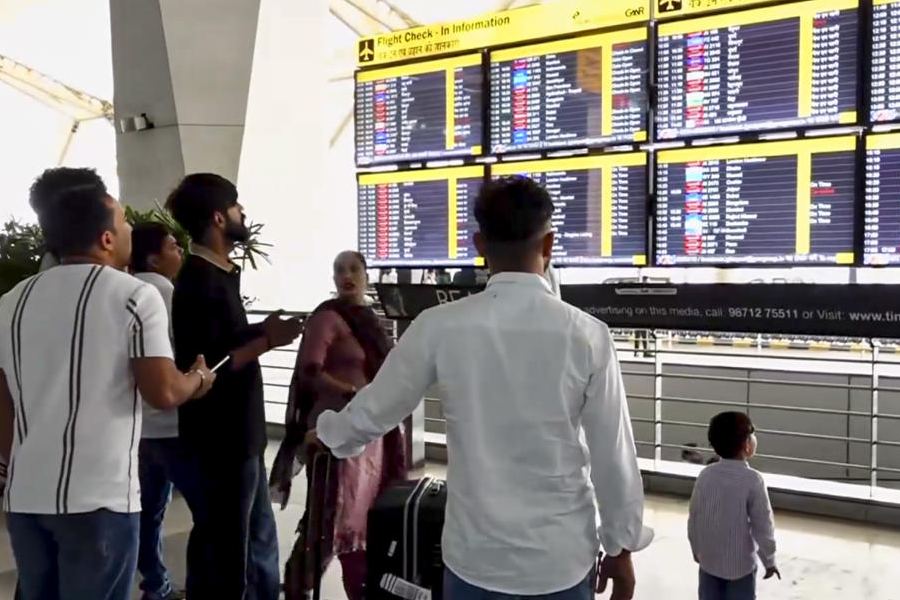Thousands of accounts of victimisation by Maoists and the State’s agencies in Chhattisgarh have tumbled out in days thanks to an NGO’s initiative of recording the victims’ testimonies.
Three slum dwellers from Bijapur have said they pay the municipality Rs 300 to Rs 900 annually for the public land they have been squatting on since being evicted from their village by the erstwhile Salwa Judum, a state-backed anti-Maoist militia, in 2005. One of the three men, Ashok Minz, said the Maoists had killed his father that year.
Malti Ursa of Bijapur’s Schoolpara village said the police had in June arrested her brother Ganesh, a farmer, on suspicion of being a Maoist, claiming he did not sleep at his own home. His wife Neelu now works as a wage labourer to provide for their two children.
Bhime Markam, wife of slain National Minerals Development Corporation employee Mittu Markam, claims a local Maoist had him killed in 2015 out of jealousy at his prosperity.
Bhime said the Maoist leadership later admitted the killing was a mistake. She told the Victim’s Register, an initiative by Bastar-based NGO New Peace Process, she was struggling to retain her quarters in Kirandul until both her children finished school.
The Register, started this month, has already recorded over 5,000 testimonies. In response to posters, people are giving a missed call to the NGO, and are then being contacted by volunteers and journalists to have their testimonies recorded.
Shubhranshu Choudhary, convener of the New Peace Process, told The Telegraph the NGO planned a 343km march by these victims from Danteshwari Temple in Dantewada to the secretariat in Raipur to demand rehabilitation and resettlement.
The march will take place from March 12 to April 5 — coinciding with the dates Mahatma Gandhi started and ended his Dandi Salt Satyagraha in 1930. Danteshwari is a deity revered by both tribal and non -tribal communities.
Choudhary said the idea stemmed from the Colombia government’s Single Registry of Victims, which has registered almost 9.1 million victims since being launched in 2012 and helped in virtually ending the Left-wing insurgency in the South American country.
“In October, we hosted an online meeting of experts from countries that have been affected by Maoist insurgencies such as Colombia, Nepal, the Philippines and Cambodia,” Choudhary said.
He added: “We want to get victims of both sides together. Most of the survivors are women, in need of mutual support. There are also displaced families in Chhattisgarh and outside, in Telangana and other states, who want to come back.
“We are trying to raise their problems with the authorities and draw support from employment-generation activities like the production of bamboo-based fabrics and sanitary napkins.... This march will be their message to the Maoists and the government that enough is enough.”
At the moment, Choudhary said, the testimonies are being taken at face value as the NGO lacks the resources to verify the claims — a task he hopes the state government will take up.
Another Colombia-inspired initiative by the NGO — the distribution of menstrual cups and sanitary napkins among women, Maoists included, in rebel-held areas — has not found much success because of resistance from the rebels who have accused Choudhary of trying to undermine their movement.
The state’s additional chief secretary (home), Subrat Sahoo, gave a cautious reaction to the initiative.
“If there is an attempt at mitigating someone’s issues or reducing the burden of Naxalites on people, it is welcome.... This is not an endorsement of Mr Shubhranshu Choudhary’s work,” he said.
Choudhary explained how the Colombia initiative had worked.
“Colombia’s experience of the register, which identified people who needed government assistance and reparation, led to a division within the guerrillas. The majority signed a peace deal with then President Juan Manuel Santos in 2016,” he said.
Santos won the Nobel Peace Prize the same year for effectively ending the 52-year-old communist insurgency that had claimed more than 200,000 lives.
The Maoist insurgency in Chhattisgarh dates back to the 1980s. However, many tribal people see the genesis of the conflict in the 1966 murder of erstwhile ruler Pravir Chandra Bhanj Deo, who had led a movement against the fraudulent transfer of land from tribals to non-tribals.
The South Asia Terrorism Portal lists 3,003 fatalities in the state from 2005 to 2019. Choudhary conservatively estimates the number of the displaced at more than 50,000 -- over two per cent of the population of the Bastar Division.
Undivided Andhra Pradesh had attempted talks with the Maoists between 2001 and 2005, as did the Centre in 2009. These failed over the key condition that the Maoists must abjure violence.
Hopes for talks have been low since the chief of the People’s Liberation Guerrilla Army, M. Koteswara Rao alias Kishenji, was killed by the police in Bengal in 2011.
After being elected in 2018, Chhattisgarh chief minister Bhupesh Baghel had said that “talks, not bullets” would end the insurgency.
Sahoo said he was not at liberty to discuss the state’s attempts at bringing about a cessation of hostilities with the Maoists.

